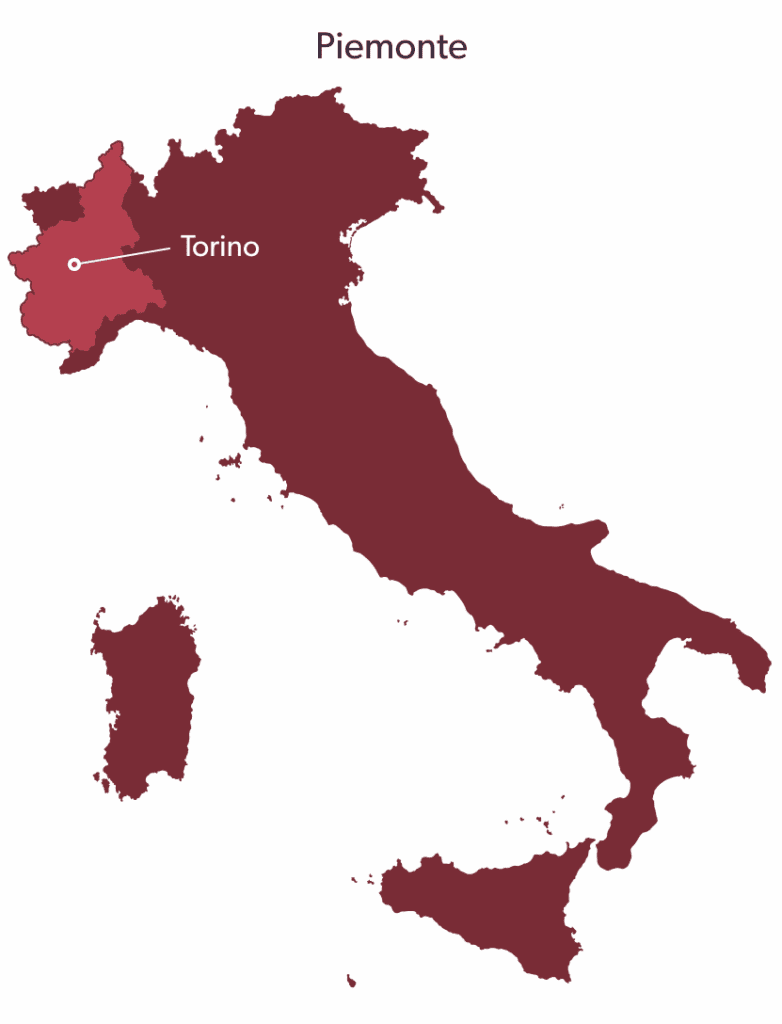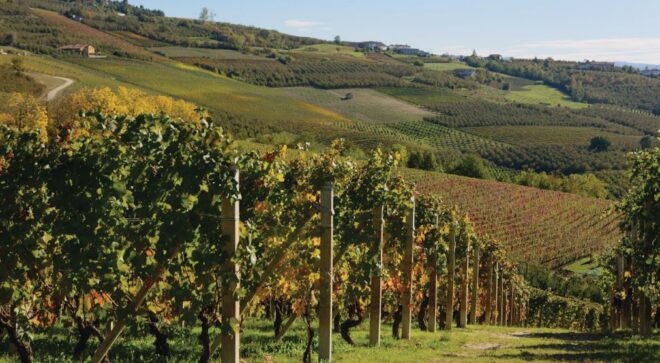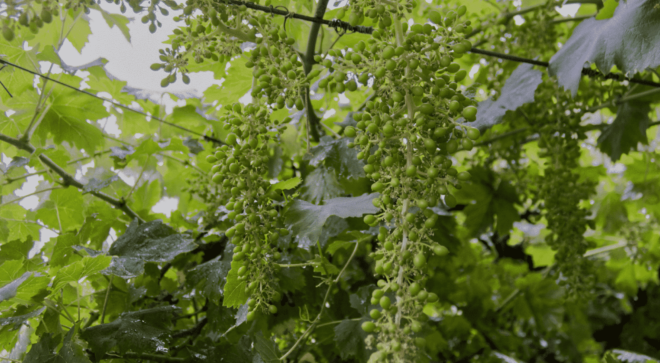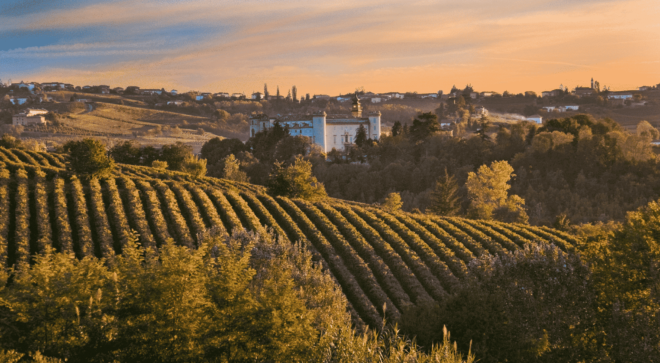Asti or Moscato d’Asti DOCG
Cultivated in the province of Asti in Montferrat, Moscato d’Asti DOCG is a semi-sparkling white wine made with 100% Moscato grapes.
Presentation
Territory
Grape Variety
Aromas and pairings
Presentation
Moscato d’Asti is a sweet, lightly sparkling, low-alcohol wine from Piedmont, northwestern Italy. The Asti DOC was established in 1967 and was promoted to DOCG status in 1993, although winemaking here predates the modern legislation by centuries.
There are differents types: Asti Spumante (more commonly called Asti) and Moscato d’Asti are two interpretations that enhance the aromatic character of Moscato with two different vinification processes.
Asti Spumante DOCG is a complete sparkling wine: its internal pressure reaches 4-5 bar and the alcohol is between 6% and 9%. It is less sweet than Moscato d’Asti, since the post-fermentation sugar residue is lower.
Moscato d’Asti DOCG is a sparkling wine, with a lower quantity of dissolved carbon dioxide: its pressure does not exceed 2.5 bar. Its pleasant sweetness is obtained by blocking the fermentation process; in this way the developed alcohol remains between 5% and 6%.

Territory
The Moscato d’Asti wine production zone is located in the hills just south of Asti town. It measures roughly 50km (30 miles) from east to west, and covers around 50 communes of the Cuneo, Asti and Alessandria provinces.
The DOCG covers 9,700ha of vines in the provinces of Asti, Alessandria and Cuneo, with three defined sub-zones (Santa Vittoria d’Alba, Strevi and Canelli – the latter set to attain its own DOCG as of the 2022 harvest) and four styles of wine.
Grape Variety
Moscato d’Asti is a DOCG sparkling white wine made from the Moscato bianco grape and produced mainly in the province of Asti.
The Moscato Bianco (Muscat Blanc à Petits Grains) grape variety has been at home in Piedmont for centuries. The variety was officially recorded as far back as the 13th Century, in the statues of the town of Canelli.
The Moscato Bianco variety is also known by the local synonym “Moscato di Canelli”.
Aromas and pairings
Moscato d’Asti is semi-sweet, very gently sparkling and has an alcohol content by volume of around 5-6 percent. Asti Spumante is slightly drier, fully sparkling and has an alcohol content closer to 9 percent by volume.
With sweet floral and peach aromas and notes of pear and apple, it pairs especially well with desserts but can also be enjoyed with lobster or served as aperitif.
Learn more about :
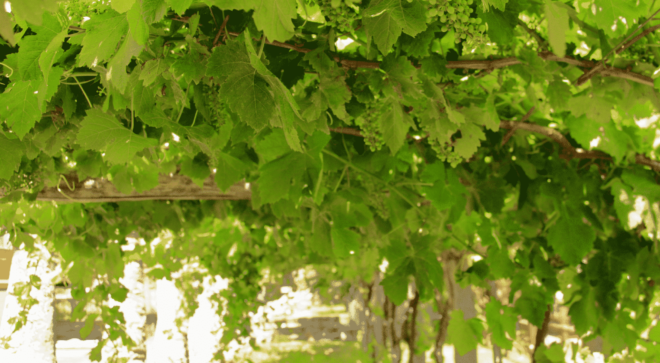
Photo gallery
Learn more

Discover italy
Are you curious by nature? Are you a foodie? Discover the rich culture and gastronomy that is particular to each region.

